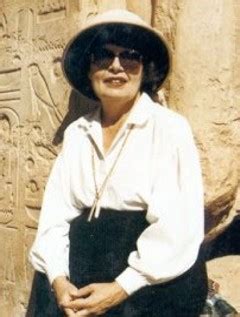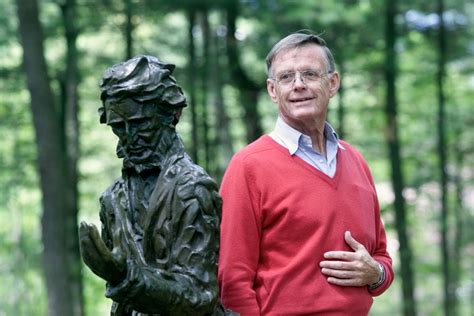A Quote by John Burroughs
Emerson is the spokesman and prophet of youth and of a formative, idealistic age. His is a voice from the heights which are ever bathed in the sunshine of the spirit. I find that something one gets from Emerson in early life does not leave him when he grows old.
Related Quotes
Can man be so age-stricken that no faintest sunshine of his youth may re visit him once a year? It is impossible. The moss on our time-worn mansion brightens into beauty; and the good old pastor, who once dwelt here, renewed his prime and regained his boyhood in the genial breeze of his ninetieth spring. Alas for the worn and heavy soul, if, whether in youth or age, it has outlived its privilege of springtime sprightliness!
Only to two or three persons in all the world are the reminiscences of a man's early youth interesting: to the parent who nursed him; to the fond wife or child mayhap afterwards who loves him; to himself always and supremely--whatever may be his actual prosperity or ill fortune, his present age, illness, difficulties, renown, or disappointments--the dawn of his life still shines brightly for him, the early griefs and delights and attachments remain with him ever faithful and dear.
Never have I enjoyed youth so thoroughly as I have in my old age. In writing Dialogues in Limbo, The Last Puritan, and now all these descriptions of the friends of my youth and the young friends of my middle age, I have drunk the pleasure of life more pure, more joyful than it ever was when mingled with all the hidden anxieties and little annoyances of actual living. Nothing is inherently and invincibly young except spirit. And spirit can enter a human being perhaps better in the quiet of old age and dwell there more undisturbed than in the turmoil of adventure.
The best Armour of Old Age is a well spent life preceding it; a Life employed in the Pursuit of useful Knowledge, in honourable Actions and the Practice of Virtue; in which he who labours to improve himself from his Youth, will in Age reap the happiest Fruits of them; not only because these never leave a Man, not even in the extremest Old Age; but because a Conscience bearing Witness that our Life was well-spent, together with the Remembrance of past good Actions, yields an unspeakable Comfort to the Soul
When anyone is going wrong, it is a mistake to warn him not to go further. It is also a mistake to leave him alone. The proper course is to call his attention to something better, and frame our conversation in such a way that he becomes wholly absorbed in the better. He will then forget his old mistakes, his old faults and his old desires, and will give all his life and power to the building of that better which has engaged his new interest.
In youth it is the outward aspect of things that most engages us; while in age, thought or reflection is the predominating qualityof the mind. Hence, youth is the time for poetry, and age is more inclined to philosophy. In practical affairs it is the same: a man shapes his resolutions in youth more by the impression that the outward world makes upon him; whereas, when he is old, it is thought that determines his actions.
During my first years in the Sierra, I was ever calling on everybody within reach to admire them, but I found no one half warm enough until Emerson came. I had read his essays, and felt sure that of all men he would best interpret the sayings of these noble mountains and trees. Nor was my faith weakened when I met him in Yosemite.


































